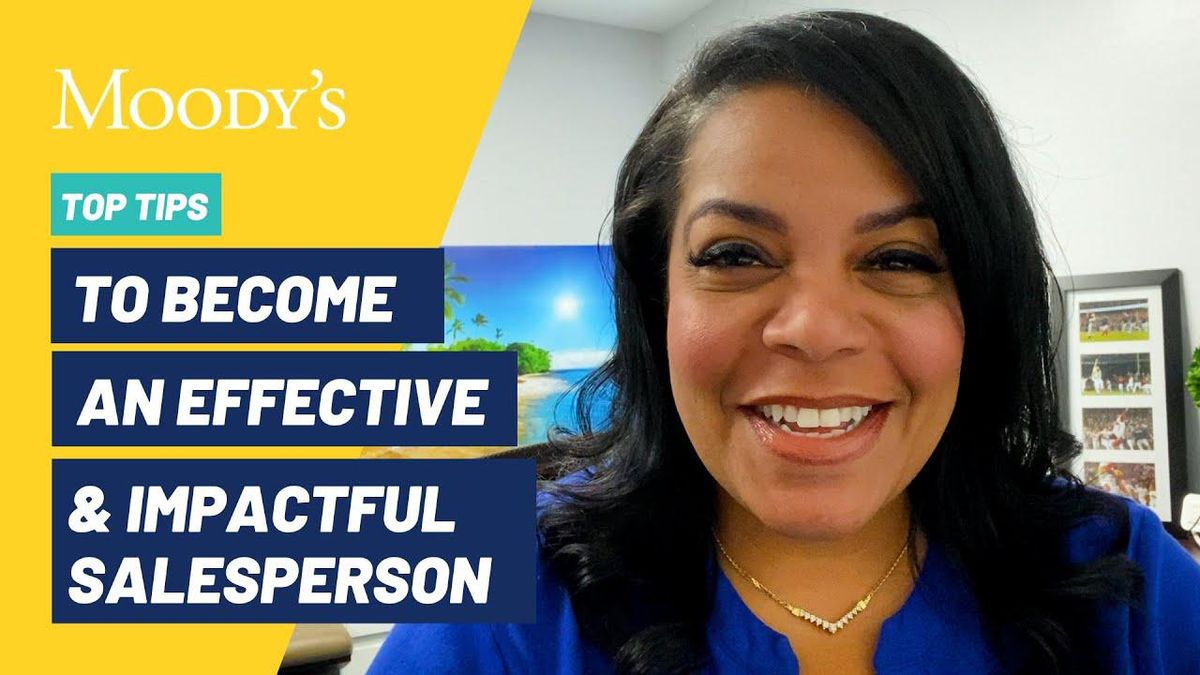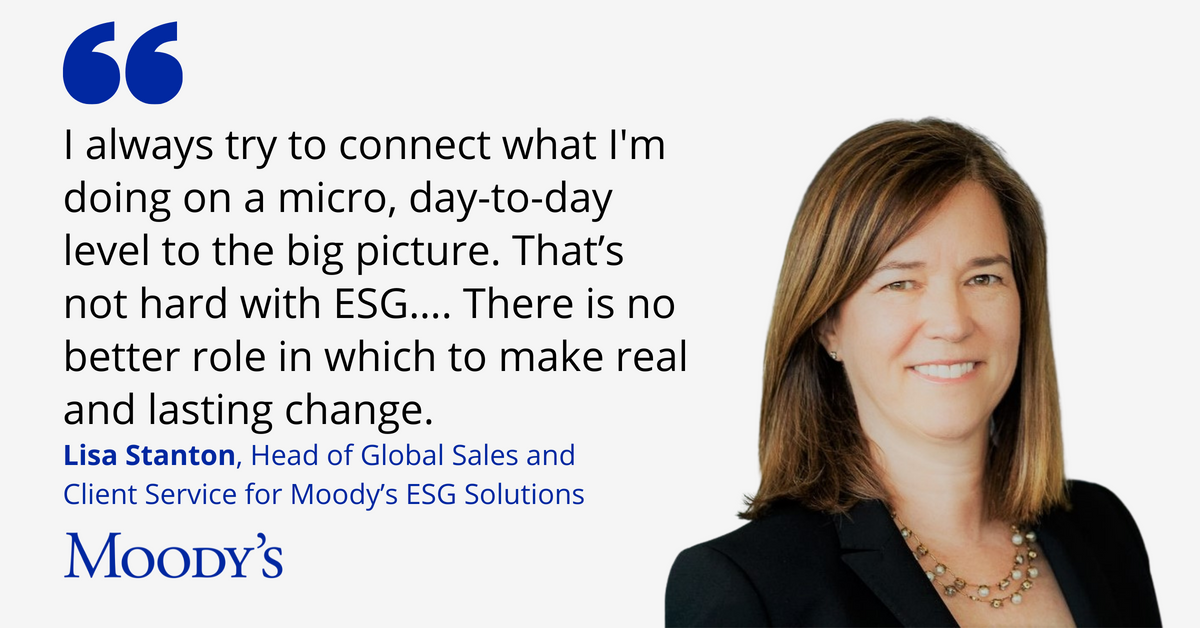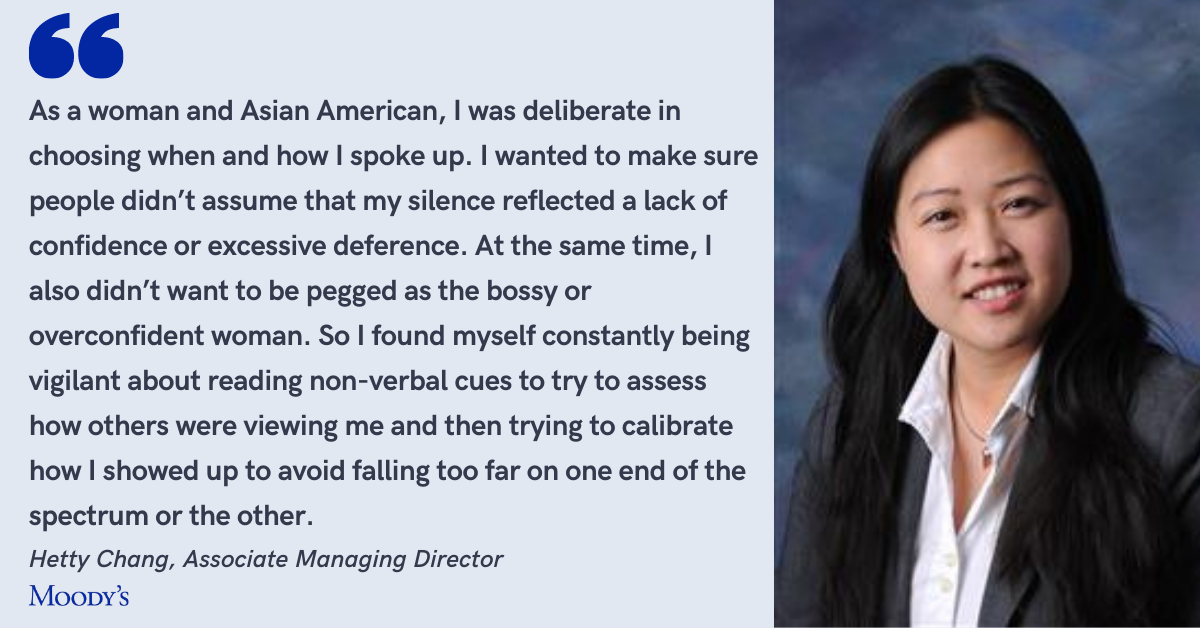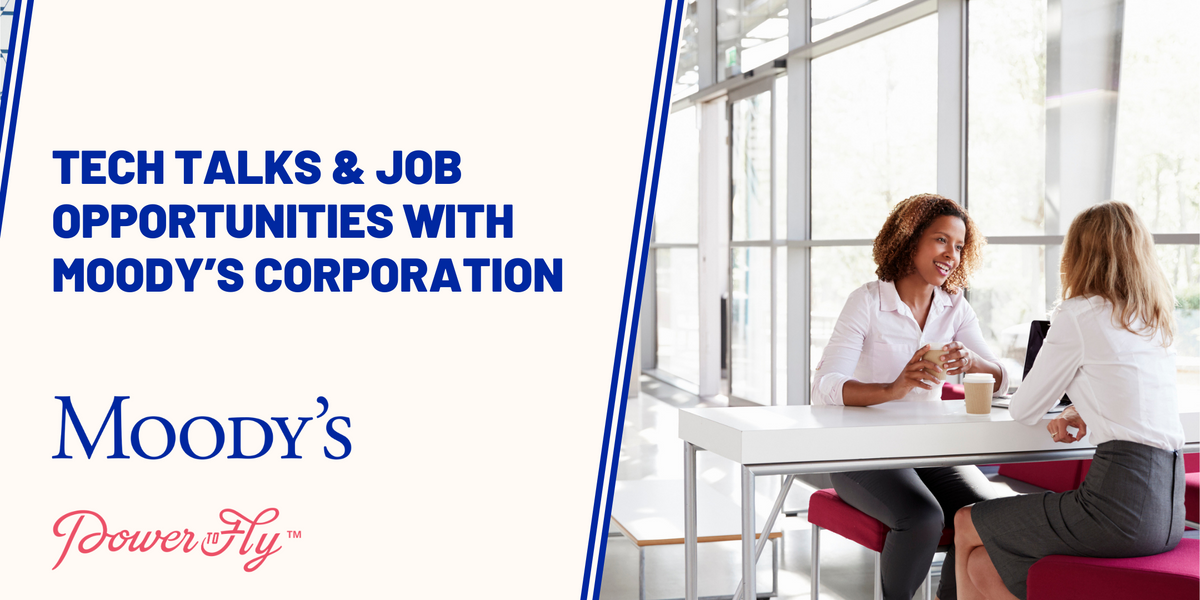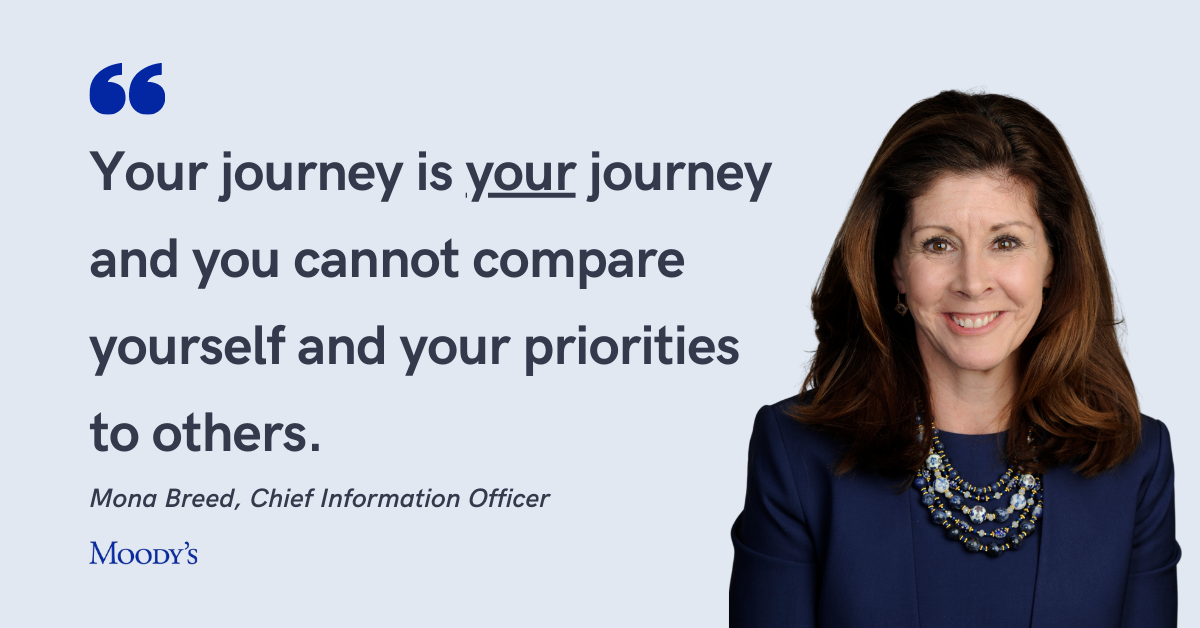Take the next step in your career path.
Career advice, diverse stories, and more
Articles about moody s
Articles about moody s
Load More
Get email updates from PowerToFly
Our Company
Popular Jobs
Popular Remote Jobs
Popular Jobs Locations
© Copyright 2024 PowerToFly
